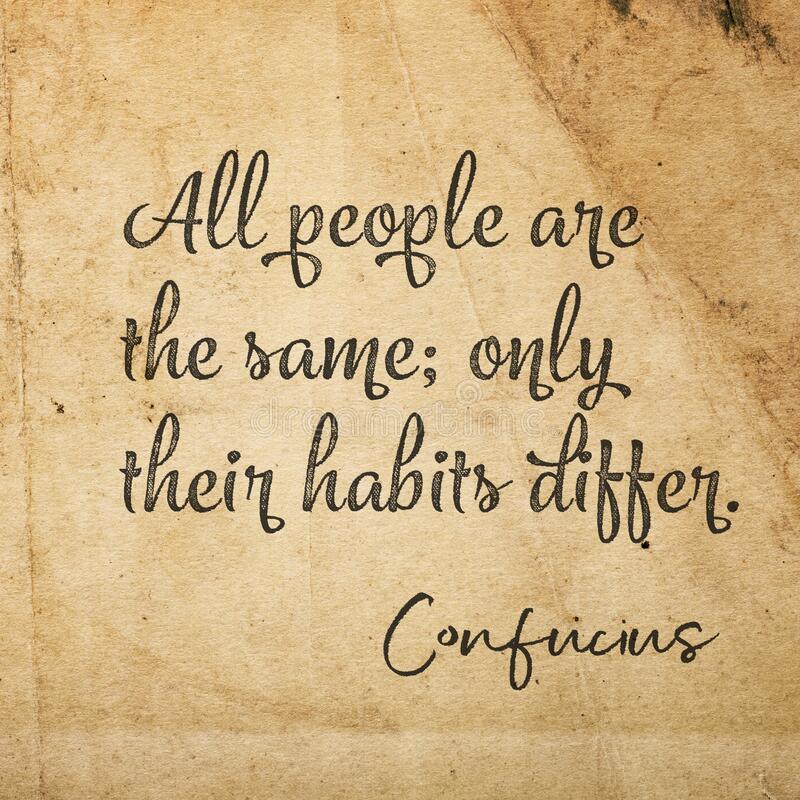I recently discussed some of the benefits and challenges of this time of year, particularly regarding food choices and self-regulation. I wanted to follow up with that topic and consider more in-depth where sustainable habits for healthy change come from and develop. For many dieters out there, the studies show that losing the weight they want is often not the biggest challenge. The noticeable trend for many though is that the challenge with keeping weight off. In fact a meta-analysis done by Dr. Traci Mann showed that while most people lost weight after 9-12 months of dieting, most were back near their original weight within the next 2-5 years.
While people will argue about such things as weight set points and hormones and even that as we lose weight we tend to expend less energy, the reality is for many of us who are trying to eliminate certain habits or inaugurate new ones for a happier healthier self for a variety of reasons I’ll outline here briefly.
- There is incongruence between how you see yourself and the habits you want to enact. This takes many forms, perhaps we don’t see ourselves as someone who does or doesn’t do “x”. This can be rooted in stories and beliefs we hold that state we are not that kind of person. Fill in the blank…”I’m not a morning person”, “I’m not self-disciplined enough”; “I like this too much to give it up”. Whatever the behavior or habit is we are trying to address, often we don’t see ourselves as that kind of person. So even when we are motivated to try and make that change, we are really in conflict with a view of ourselves. This is both exhausting and not sustainable. When we believe ourselves to be one type of person, but try to do something that isn’t in alignment with that action it often will not last. Now, this presents a bit of a chicken and the egg situation, as how can I be the kind of person who does “x” healthy/positive behavior if I don’t currently do that? The key is that we at least have to be open to the possibility that this is the kind of person I can be. We have to take stock of ourselves, examine our lives and be honest with our current self, but then also be vulnerable enough to hope, to be optimistic and risk change. This means that we may in fact fail, but we have to believe that I can be the sort of person who wakes up early, who expresses self-discipline, who can stop “x” behavior. Hope coupled with an attitude that chooses progress over perfection, and growth as the goal not a destination will allow you to continue on this journey of seeing yourself in a different way.
- Often it’s not about one behavior it’s about a whole host of choices. We don’t make a decision in a vacuum, although many of us operate as if a choice we made is in a silo away from other aspects of our lives. If you’re struggling with a behavior pattern that you’d like to change, whether that’s food, drink, shopping, pornography, or something else, you aren’t making that choice to eat the cake or have the drink on it’s own. These decisions are deeply connected to other aspects of our lives. Sometimes we can see the behavior we want to change and think, “If I can just change this one thing in my life it will all be good”. But the truth is, the behavior is often a symptom not the cause. Things like how much stress we are under, how many other coping strategies or behaviors do we have that we know can help, whether we feel isolated and alone or connected and valued are just a few of the factors that lead us to feel motivated or not in a given situation. Even motivation will ebb and flow at times, sustainable habits, and people who display self-discipline often cannot rely on always being motivated to do something. The truth is, there are days we do and don’t want to do certain things. Many hope that if we just do the habit enough, go to the gym, eat healthy, then eventually that’s all we’ll want. And while our actions do effect our feelings and desires the truth is people who are consist often do their habit whether they “feel” like it or not, because it is just part of who they are. If we want to change a behavior or incorporate a new habit in our lives, it’s not just about that one thing, it’s about how we do everything.
So there’s good news and bad news to all this. In some ways habit building is not a simple equation, as humans we’re not reducible to behavioral inputs and outputs in a sense. That’s the bad news. The good news is this however, if you’ve failed to change behaviors in the past, there’s a good chance you addressed the problem in a way that wasn’t set up for success. That means it’s not just you, or you are a failure or incapable of change. It means that there’s more work to be done, a bigger, broader, task at hand, but it is possible.
Recommendations: If you are interested in more on the topic of habits I would recommend Atomic Habits by James Clear as well as The Power of Habit by Charles Duhigg. Both authors outline the “mechanics” of behavior change and habit development. They are great resources for knowing more of what to look for in how to change behaviors and help make them last.
